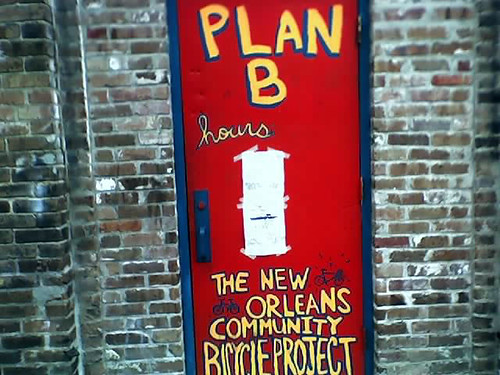 Noam Chomsky in the Irish Times;
Noam Chomsky in the Irish Times;Financial liberalisation has effects well beyond the economy. It has long been understood that it is a powerful weapon against democracy. Free capital movement creates what some have called a "virtual parliament" of investors and lenders, who closely monitor government programmes and "vote" against them if they are considered irrational: for the benefit of people, rather than concentrated private power.
Investors and lenders can "vote" by capital flight, attacks on currencies and other devices offered by financial liberalisation. That is one reason why the Bretton Woods system established by the United States and Britain after the second World War instituted capital controls and regulated currencies.*
The Great Depression and the war had aroused powerful radical democratic currents, ranging from the anti-fascist resistance to working class organisation. These pressures made it necessary to permit social democratic policies. The Bretton Woods system was designed in part to create a space for government action responding to public will - for some measure of democracy.
John Maynard Keynes, the British negotiator, considered the most important achievement of Bretton Woods to be the establishment of the right of governments to restrict capital movement.
In dramatic contrast, in the neoliberal phase after the breakdown of the Bretton Woods system in the 1970s, the US treasury now regards free capital mobility as a "fundamental right", unlike such alleged "rights" as those guaranteed by the Universal Declaration of Human Rights: health, education, decent employment, security and other rights that the Reagan and Bush administrations have dismissed as "letters to Santa Claus", "preposterous", mere "myths".


















